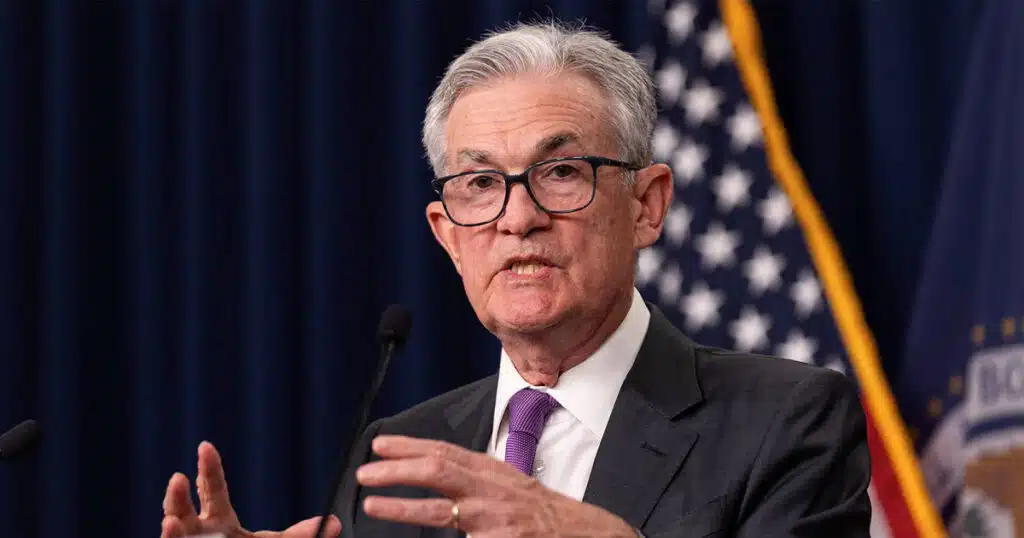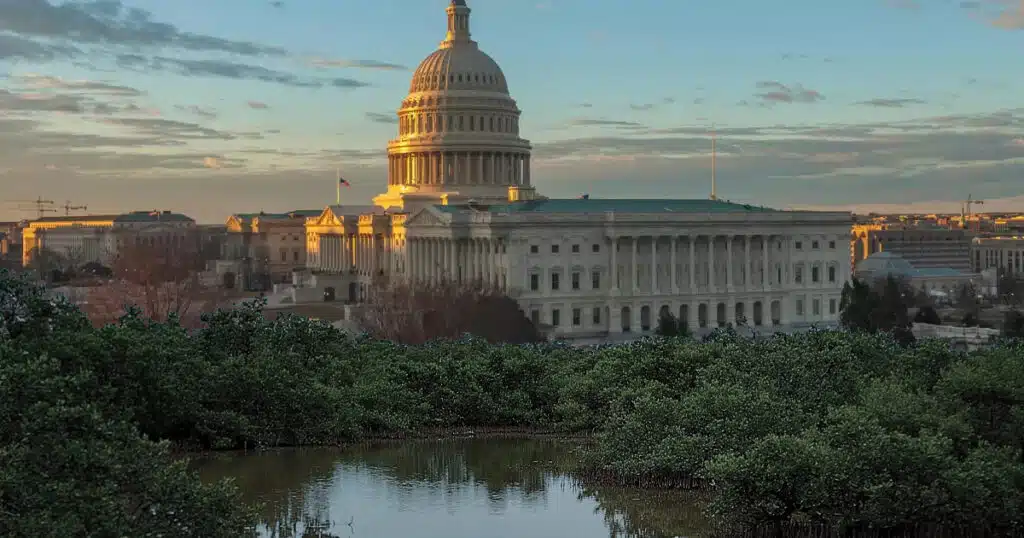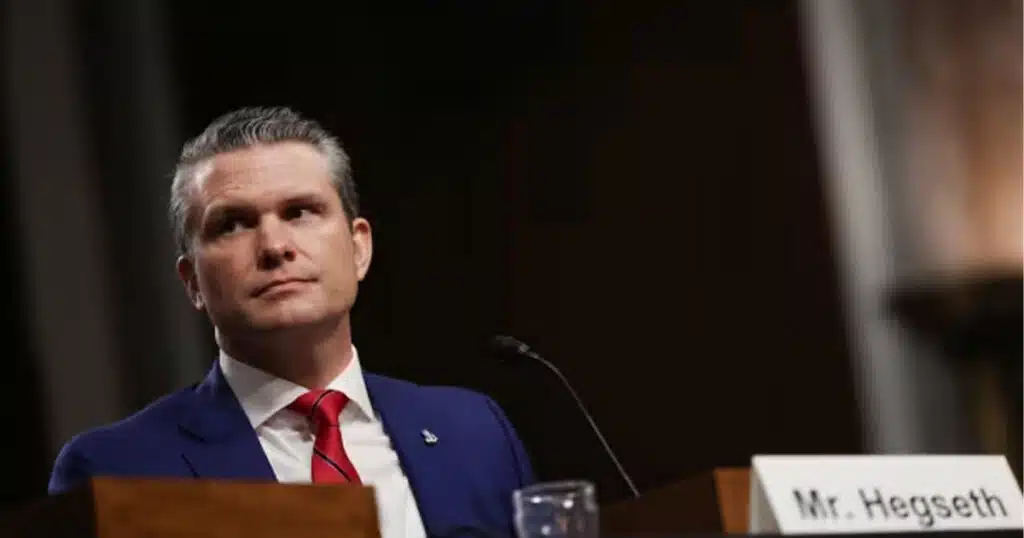
An ‘Independent’ Federal Reserve is Impossible Without a Public Audit
We have seen President Trump’s great frustration regarding Federal Reserve Chairman, Jerome Powell, and what Trump insists is the stupidity and tardiness of Powell in not cutting short term interest rates.
[As an aside, let me note that Powell was appointed by Trump in his first term when Trump knew comparatively little about D.C. and relied on others for advice. He considers Powell one of his biggest disappointments. In addition, Powell has squandered his credibility with his incompetent, if not corrupt, management of the obscene upgrade and cost overrun of the Federal Reserve building itself. How can Powell be trusted to manage the monetary policy and the economic well-being of the entire American economy with 330 million citizens if he can’t truthfully and efficiently manage the upgrade of one building?]
This tension between U.S. presidents and the Fed has always existed, but the Fed has remained independent and insulated from the reach of a president. However, Congress never intended that the ‘independence of the Fed’ extend this insulation beyond the scope of public accountability to the American people whose economic interests the Federal Reserve was first established to protect.
What’s interesting is that while we have seen the current Supreme Court hold that the Chief Executive may exert his presidential (executive) authority over independent agencies (like the Consumer Financial Protection Bureau (CFPB), National Labor Relations Board (NLRB), the Merit Systems Protection Board (MSPB) and the Consumer Product Safety Commission (CPSC), not so the Fed. In fact, the Supreme Court has stated “The Federal Reserve is a uniquely structured quasi-private entity that follows in the distinct historical tradition of the First and Second Banks of the United States.”
Why would that be the case?
Well, the Federal Reserve is the central bank of the United States and was created in 1913 to stabilize the nation’s monetary and financial system. It came about due to several financial “panics” in our nation’s history which underscored for Congress the need to create a central authority to manage the nation’s money supply and prevent banking collapses. In fact, the “dual mandate” of the Fed has historically been to pursue both “maximum employment and low, stable inflation.” That continues and the Supreme Court has deemed it prudent to allow the Fed to do so as a “uniquely structured quasi-private entity.”
However, the Supreme Court’s legal treatment of the Fed is a very different consideration than whether the Fed—which is still a hybrid agency of the United States—should be audited. I don’t think there is any question it should be audited. While I recognize that the Federal Reserve does not receive funding through regular congressional appropriations, it does fund its operations from the interest earned on the huge number of securities—primarily U.S. government securities—that it purchases. (It also charges fees to financial institutions for services like check clearing).
That, to me, provides a sufficient nexus to allow it to be audited. So, how would that go?
Well, U.S. Senator Rand Paul has championed this issue for many years. However, I note that whenever the topic of “auditing the Fed” is raised, the Fed quickly asserts that it is already “subject to several levels of audit and review.” However, the audit I seek would not be of only the Fed’s financial statements and internal controls. While those are necessary and important, they are incomplete. Secondly, the so-called independent auditor the Fed states that it uses is “an independent outside auditor retained by the Fed’s Office of Inspector General (OIG).”
That’s simply inadequate. I don’t want the “independent outside auditor” to be retained by the Fed’s Inspector General. I want Congress to appoint a truly independent outside auditor. Otherwise, there is an implicit conflict with, and bias in favor of, the Fed because the auditor chosen by the Fed is—given it is paying the auditor—beholden to the Fed position and view.
That is why I hope Congress will pass legislation recently reintroduced by Senator Paul. The bill is the “Federal Reserve Transparency Act” better known as “Audit the Fed” requiring a full public audit of the Federal Reserve’s operations and increased congressional oversight of its decision-making.
Sen. Paul makes the point that “no institution holds more power over the future of the American economy and the value of our savings than the Federal Reserve. It’s long past time for Congress to stop shirking its duty and hold the Federal Reserve accountable.” Amen.



